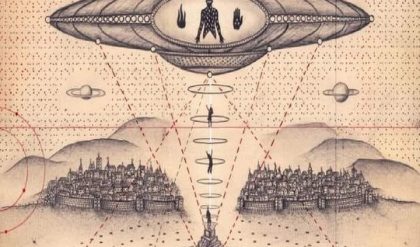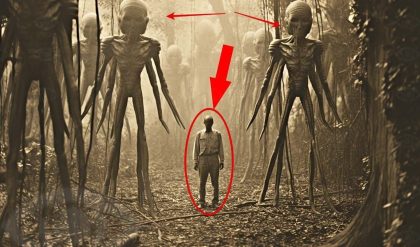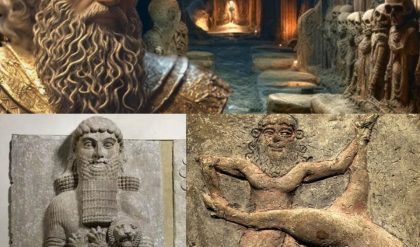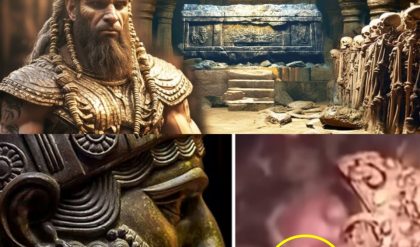Recent archaeological discoveries have unveiled astonishing evidence of ancient giants, significantly altering our understanding of history. Excavations in various global locations, including the Jiaojia village in China’s Shandong province, have revealed skeletal remains of individuals who were extraordinarily tall for their time.
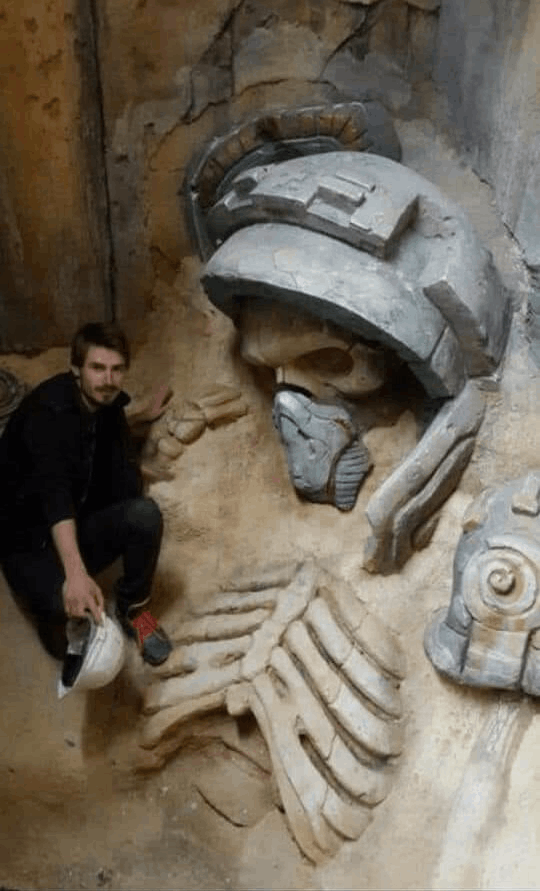
Discoveries in China
In Jiaojia, the Neolithic skeletons, dating back approximately 5,000 years, included men who were around 5’9″ to 6’2″ tall. This height is remarkable considering the average stature of people during that era was significantly shorter. Researchers believe these tall individuals were likely high-status members of their communities, benefiting from better nutrition and living conditions compared to their contemporaries. This theory is supported by the discovery of large tombs and valuable artifacts such as pottery and jade found alongside the skeletons, suggesting that these individuals were afforded significant respect and resources.
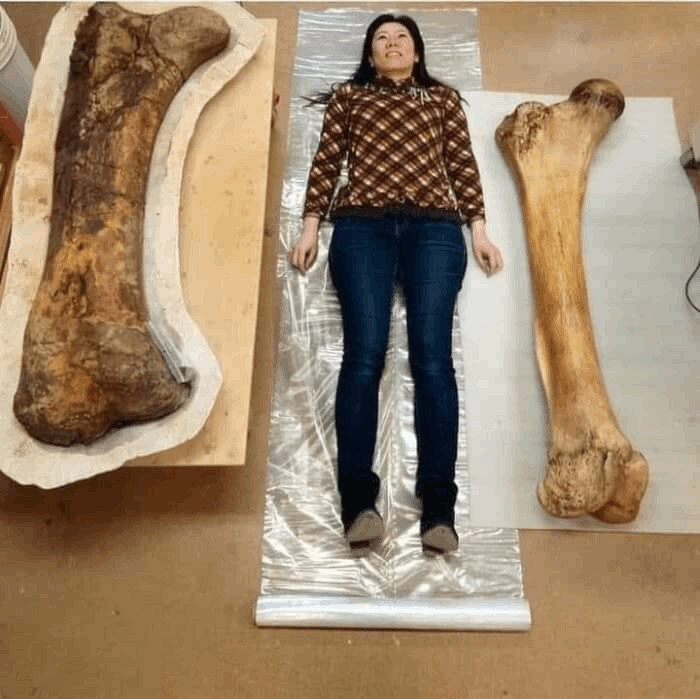
Similar discoveries have been reported worldwide, contributing to a growing body of evidence that suggests the existence of ancient people who were much taller than average. These findings include:
- Skeletal Remains in Various Locations: Reports of giant skeletons have emerged from different parts of the world, indicating that the phenomenon of ancient giants might have been more widespread than previously thought.
- Significant Artifacts: Alongside the skeletal remains, archaeologists have found artifacts that indicate these tall individuals held high social status and had access to superior resources.

These discoveries challenge our traditional understanding of human history, prompting a reevaluation of the lifestyles, diets, and social structures of ancient civilizations. The presence of giants in historical records raises intriguing questions about the genetic and environmental factors that may have contributed to their remarkable height.
The unearthing of these enormous skeletons is a groundbreaking development in archaeology, providing new insights into ancient human societies. As researchers continue to explore these findings, our comprehension of history and the diversity of human ancestry is likely to expand, offering a more nuanced view of our past.
For more detailed information on these fascinating discoveries, refer to the articles on Smithsonian Magazine and Mudlive.
